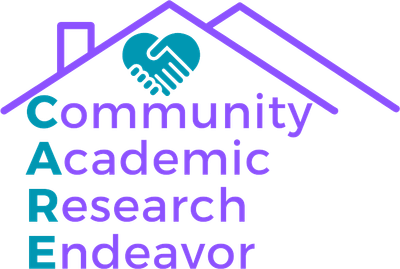Adolescent engagement in a transdiagnostic mental health treatment delivered in Indian schools
Poor engagement in children’s mental health services has long been a public health concern. Given the relationship between poor engagement and worse treatment outcomes, improving engagement has been the focus of attention in recent years, with emerging evidence for the use of specific interventions to enhance engagement. Less is known about treatment engagement in low- and middle-income countries (LMICs). The present qualitative study, which is part of a larger project (PRemIum for aDolEscents [PRIDE]), examined barriers and facilitators to engagement from youth and provider perspectives in a pilot study of a modular, multi-problem, school-based intervention for adolescents in Goa and New Delhi, India. Youth (N = 19) and provider (N = 5) participants also reported on their overall satisfaction with the treatment in terms of acceptability and fit via semi-structured interviews. Although youth shared preliminary hesitation about initiating treatment, youth and providers described overall strong engagement in the intervention once treatment commenced, although there were differences in retention between Goa and New Delhi sites. The two groups of informants largely aligned on their perceptions of barriers and facilitators to engagement. The therapeutic relationship emerged as a key facilitator to engagement as reported by youth and providers, as did peer influence. Challenges were noted related to delivery in the school setting, such as competing academic demands and privacy. Youth discussed positive outcomes of participating in treatment, including functional improvements in their lives, while offering recommendations to increase acceptability and fit. Providers identified several implementation supports that could be improved, primarily training, supervision, and clinical decision making. Notwithstanding these identified challenges, results suggest that youth and providers largely perceived the treatment to be engaging, acceptable, and appropriate for the context. The findings provide preliminary evidence to guide optimization and scale up of this transdiagnostic treatment across India, increasing adolescents’ access to evidence-based mental healthcare for a range of problems and narrowing the treatment gap in LMICs.



